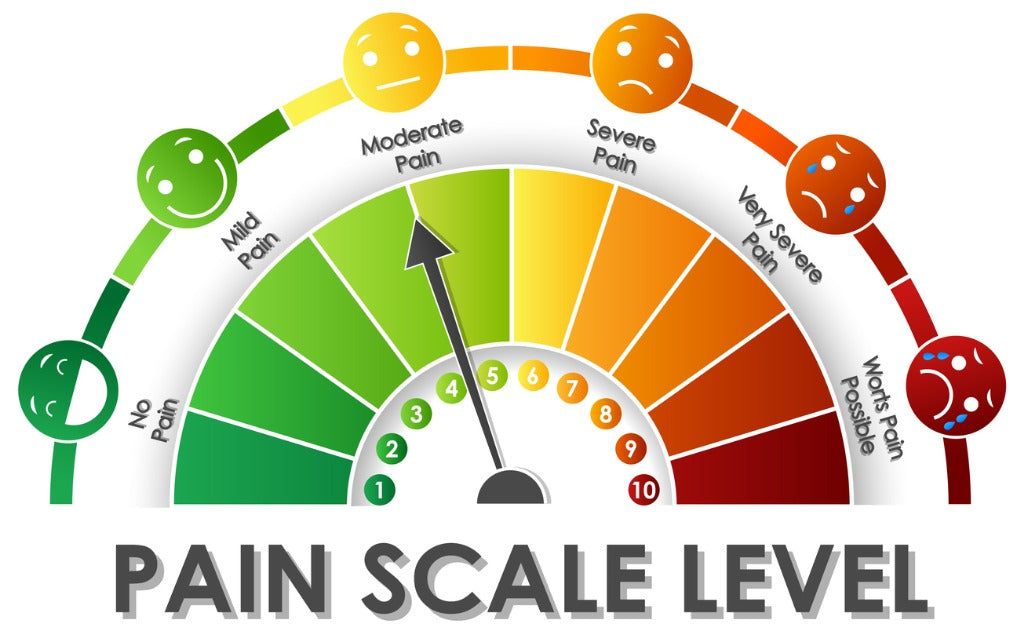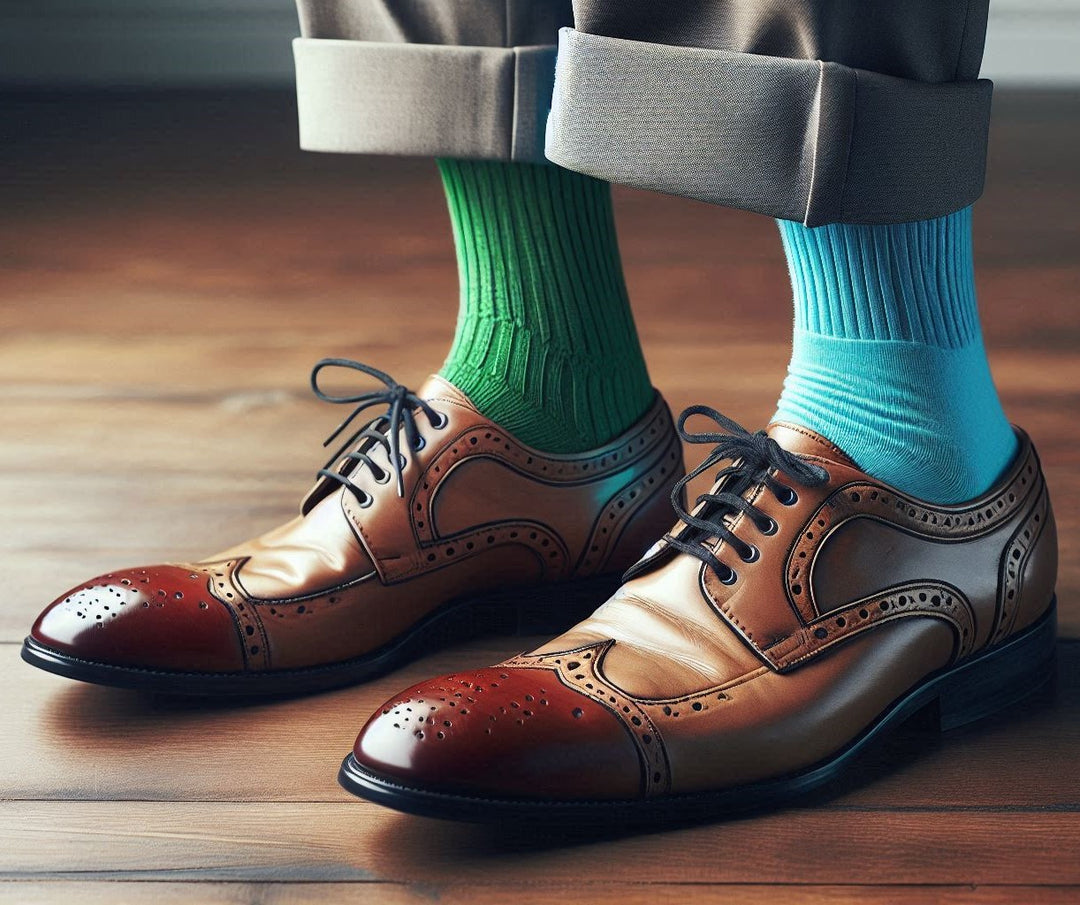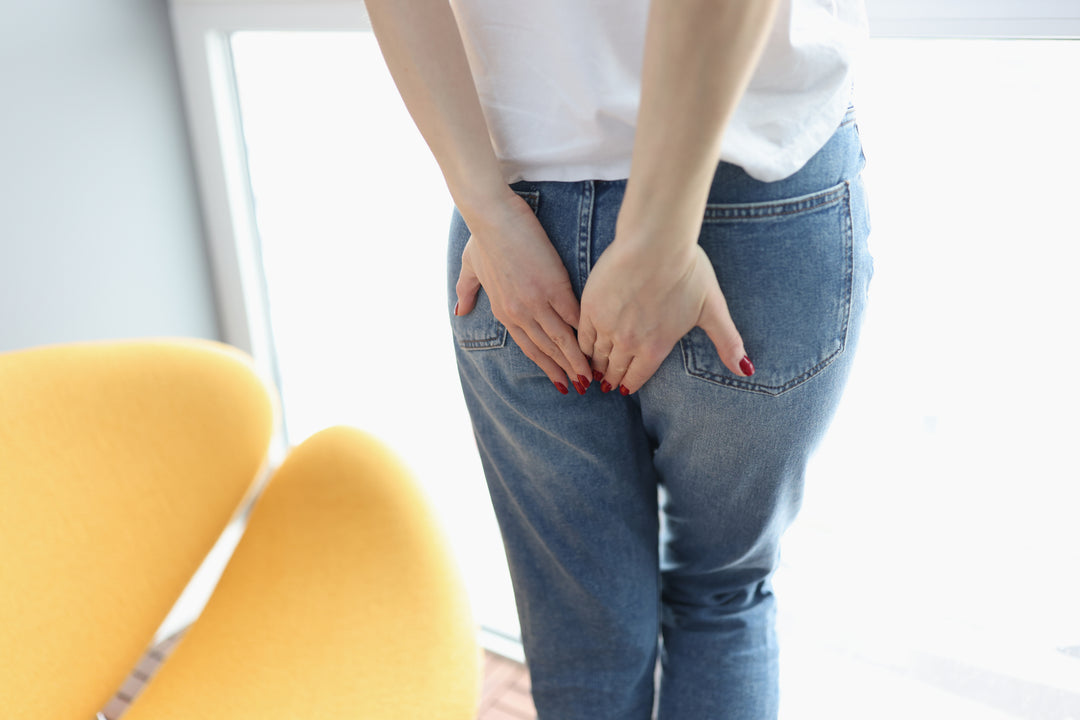Older adults and medical marijuana: Reduced stigma and increased use

A general practitioner who has included medical cannabis in his office, noted the number of gray-haired patients who come to discuss the pros and cons of a medical cannabis trial. These patients range from people in their 60s with kidney failure who can no longer take certain pain relievers but still have to cope with chronic pain, to patients in their 90s who seek restful sleep and fear the side effects of traditional sleep medications. Some of them - usually '60s kids' - are quite happy with the idea of using medical marijuana; others raise it in a whisper, as if asking permission to break the law.
Cannabis use among older adults (defined as age 65 and over) is on the rise in the United States, according to a recent study published in the Journal of the American Medical Association. In this study, the prevalence of use in the past year increased from 2.4% to 4.2% from 2015 to 2018.
This study is consistent with other studies and reports of doctors recommending the use of marijuana in daily practice. What might be behind this trend? The reason for this seems to be a combination of factors, including a reduction in the stigma associated with marijuana use, and the increased interest in the use of medical marijuana among elderly patients.
Stigma is a complex issue, but most would agree that the stigma associated with cannabis use is decreasing, especially with regard to medical cannabis. In a recent poll, 94% of Americans expressed support for legal access to medical marijuana, and most states approved some form of legal access. One indicator of the reduction in stigma is the recent statement by AARP, which has 38 million members, in which they pledged their support for the medical use of marijuana in states that have legalized it, in close consultation with their medical service. providers, where they can discuss the latest clinical trials, weighing the balance of benefits and harms.
Under what conditions do older people use cannabis? As the COVID-19 pandemic continues to rage in parts of the world, it is gradually receding in the United States. There are currently three FDA-approved vaccines, including one for 12-year-olds.
Facts have proved that vaccines are almost as effective in the real world as in clinical trials. CDC has relaxed some preventive measures, especially for people who have been fully vaccinated, especially people who are outdoors. At the same time, scientists continue to research treatments and monitor virus options.
Research shows that older people generally use medical cannabis for the same conditions as younger patients: pain, insomnia, neuropathy and anxiety. What are the risks for older people who use cannabis for medical purposes? This is new territory, as either there weren't a lot of older people who reported using medical cannabis, or if they used it, they kept it secret because of its lawlessness and stigma. Medical cannabis is generally well tolerated by the elderly; however, as with all medications, there is no free lunch, which means there are always side effects and disadvantages to consider.
Cannabis is known to increase heart rate and may raise blood pressure, although there does not appear to be enough quality evidence linking cannabis use directly to coronary events, according to a recent review in the Journal of the American College of Cardiology. However, the authors of this review recommend that people with coronary artery disease be screened for cannabis use.
The scenario that worries me the most is an elderly patient with coronary artery disease who takes a very high dose of cannabis (possibly by mistake because of food) and then experiences an anxiety attack that can cause coronary artery syndrome or arrhythmias. ... Older people tend to have underlying medical conditions and may take multiple medications.
Cannabis contains about 600 chemicals and, in theory, the two main active ingredients in cannabis, THC and CBD, can raise or lower blood levels of other drugs you take by affecting enzymes in your liver that help metabolize your own drugs. CBD in particular is at risk of increasing the amount of other drugs in your system by "competitively inhibiting" (or, more simply, concurrent use) of the molecules you need to break down and remove those drugs from your body. People should be especially careful when using cannabis with antiepileptic drugs and anticoagulants, as these drugs tend to have serious side effects and cannot be wrong, and it is important that you always inform your healthcare providers about your cannabis. use. Identifying marijuana use is especially important if you plan to undergo surgery, as it may be necessary to change the medications used for anesthesia and postoperative pain relief. Psychoactivity, or the effect caused by cannabis, is another potential problem for older people, especially those at risk of confusion and dementia.
Nowadays, when cannabis can be purchased from a dispensary, you can better control the types or varieties of cannabis that can be purchased and consumed, and it is easier to avoid high cannabis by controlling the dosage and keeping THC low. Strains with low THC (causing high concentrations of chemicals) and high CBD and non-intoxicating strains may be the first choice to avoid psychoactive cannabis experiences.
However, if an elderly person develops delirium or any mental illness, he and his doctor should proceed with caution. Interestingly, some studies have shown that when patients use medical marijuana, cognitive abilities can actually be improved, mainly due to improved sleep and pain control. It seems reasonable for older patients to use lower doses of analgesics and sleeping pills, which affect thinking and combat the negative effects of chronic pain and insomnia, which can also affect cognitive function. However, as with most things related to marijuana, this also requires further research to confirm and clarify. What's the bottom line?
Cannabis use among older people is on the rise as social acceptance becomes more widespread and stigma decreases. Medical cannabis is increasingly seen as an effective remedy for insomnia and chronic pain.
It is vital to have an informed discussion with your doctor to assess safety risks, especially if you have heart problems, are taking multiple medications, or have cognitive changes due to aging. Tell yourself (and your doctor) as much as you can about cannabis before you start using it. Most of the negative effects associated with cannabis use are dose dependent, so it is important to know the strength of the marijuana you are taking and “start slow and go slow” - start at the lowest effective dose and take your time. work up to a dose that relieves symptoms with a minimum of side effects.





